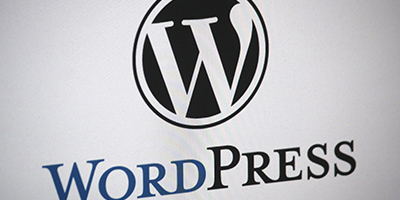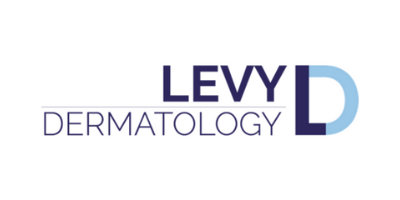
To web developers and those in the IT field, WordPress’ vulnerability should come as no surprise. It’s an open source solution. This makes it more vulnerable because everyone has access to the source code, including hackers. While having access to the source code doesn’t guarantee that security flaws will be exploited, like any software that you download, you open yourself up web attacks.
Outdated plugins, phishing attacks, low-security servers, and predictable passwords are just a few of the vulnerabilities your WordPress website might face. Here are a few tips for ensuring the security of your WordPress site:
1) Use secure hosting: This goes without saying, but you need a hosting provider that’s security-conscious. There are many things to consider, but at the very least make sure your host is reputable; provides database backups (preferably to multiple locations); are easily reachable by phone, email or live chat; and monitors all activity.
2) Install secure themes: Be aware of the themes you’re using. Generally speaking WordPress.org themes are safe, but they need to be kept up-to-date.
3) Be wary of all plugins you download: Make sure you investigate plugins and examine all pluguin reviews and keep them up-do-date.
4) Use a third party WordPress security solution: Sure, there are WordPress plugins that provide security features, however these tools may not fix the source of the hack. In other words, you might be able to identify the hack and remove hacked files, as well as backup your site, but your site may still be vulnerable to a future hack. Make sure the security solution provides:
- Daily Backups
- Daily Malware Scans
- Theme and plugin updates
- WordPress config file lockdown
- Theme and plugin lockdown
- Admin Lockdown
- Plugin Monitoring (for security issues)
- Sql Injection filters
- Base64 encode filters
- File Permissions sweeps
Don’t take your website’s security lightly. Stay protected by following the tips above. If you have any tips of your own we welcome your comments below. If you’d like to learn more about securing your WordPress website then leave us your information here or call 877-673-7096 x2.






